Alcis
Soil, Seeds and Satellites – Improving Rural Livelihoods in Afghanistan
Using satellite imagery and data we analyse the factors that affect agricultural value chains to help our client focus their support efforts to the most vulnerable areas by summarising and displaying the data with impact and meaning.
When the Taliban took power in Afghanistan the challenges facing the people of Afghanistan and the organisations serving them got dramatically worse. Add Covid, climate change and changing power dynamics, the future for the people of Afghanistan is bleaker than ever. Building a clear understanding of what is happening is almost impossible, however, technology and space derived data, including imagery, means that assistance can reach the most desperate people.
This is where Alcis comes in. Since 2004, we have worked on projects helping to improve the lives of the world’s most vulnerable people. For many years we have supported a project to improve the livelihoods of rural communities by analysing the agricultural value chains for dairy, poultry, small ruminants and honey. We have now expanded our focus to include the impact of climate change on crops and growing conditions.
Every month we collect data from a variety of remote sensing systems to monitor: agricultural performance, rainfall, reservoir water holdings and evaporated moisture. The data is mapped across the country in 10 square kilometre tiles known as hexes.
We then analyse the data and compare one month to another. This gives us insights into the change over time of water levels, crop health and weather patterns. This is then compared to a long term average (which we have generated over many years) to highlight areas falling behind seasonal norms and alert our clients. Using an algorithm we also analyse vast quantities of satellite imagery and generate data showing four key crops; wheat, poppy, orchards and vineyards. This allows us to measure change in the growing habits.
All of this analysis is then presented in our highly visual maps, products and an interactive online platform. The online hex platform is a great tool for visualising the country and informing people about conditions on the ground.
The level of detail that our insights provide is second to none. Our client now has insight and understanding of conditions at the village level. Understanding rainfall, crop health and the quantity of different crops growing, means they can plan and target their interventions accurately, efficiently and effectively. They can target where and when to plant crops, where to build storage facilities and help plan routes to markets.
As all of this is done remotely, it saves time, money, resource and possibly lives whilst improving the livelihoods of Afghanistan’s remote and rural communities.
There is an opportunity to exploit Sentinel imagery to a greater extent to identify new crop types and different growing seasons through enhanced techniques, both within Afghanistan and other climate impacted countries. Alcis always looks for opportunities to collaborate and would appreciate exploring how we can work together with Space South Central and its partners to achieve this.



